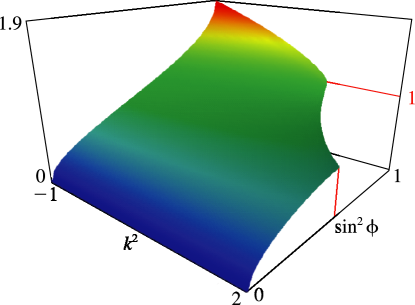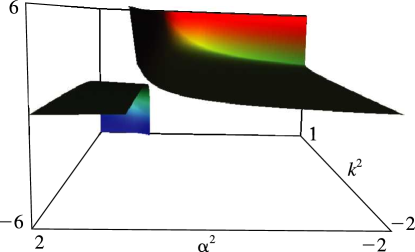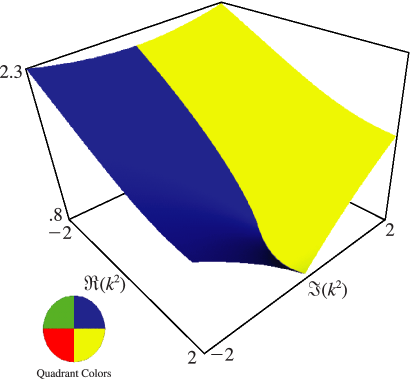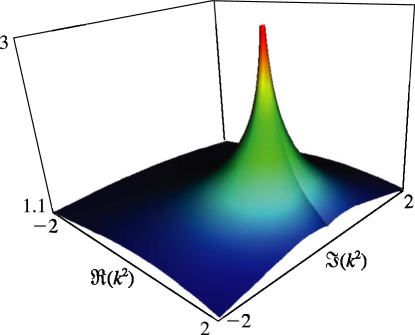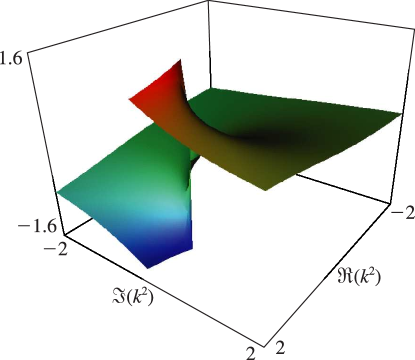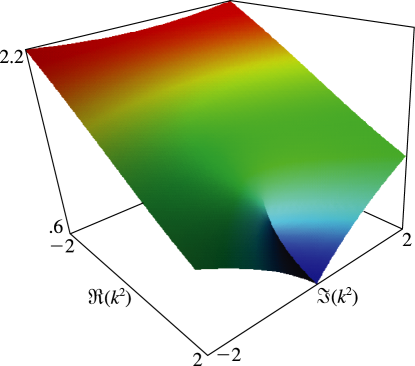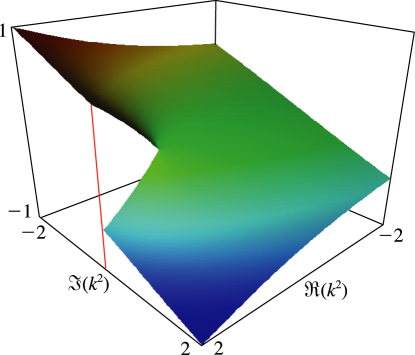19 Elliptic IntegralsLegendre’s Integrals19.2 Definitions19.4 Derivatives and Differential Equations
§19.3 Graphics
Contents
§19.3(i) Real Variables


§19.3(ii) Complex Variables
In Figures 19.3.7 and 19.3.8 for complete Legendre’s elliptic integrals with complex arguments, height corresponds to the absolute value of the function and color to the phase. See also About Color Map.

